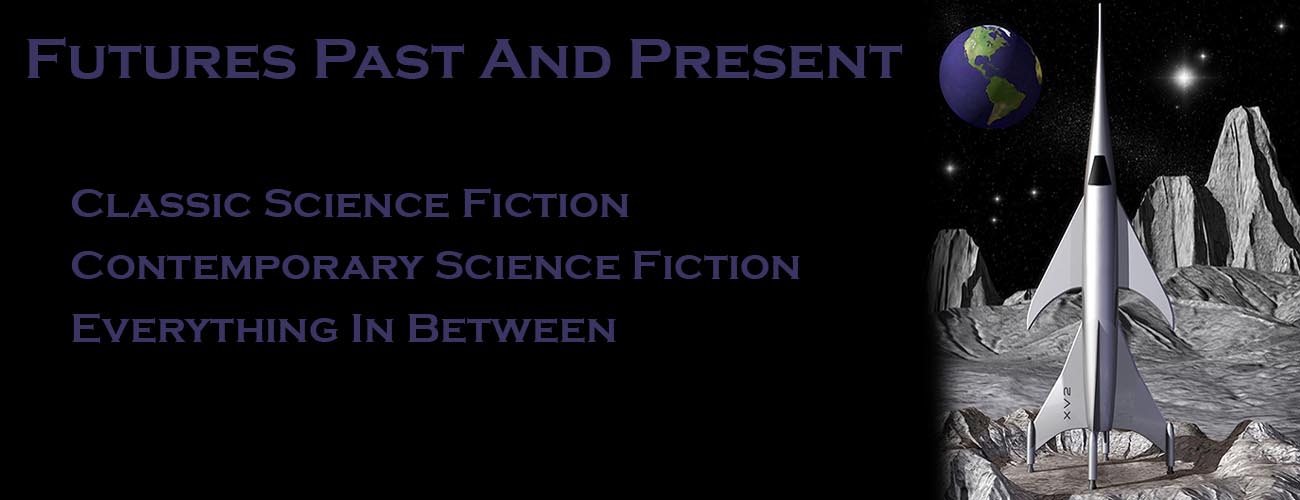I want to take a look at the first issue. This one contained an editorial, interviews with some of the writers, artists, and filmmakers, plus interviews with Cat Rambo and Christopher Barzak.
Rather than start with the fiction, like I usually do, let’s examine the films.
The first is Grounded, a haunting piece about a spaceship crashing on a distant planet by Kevin Margo. It’s the longest of the three films and winner of a number of awards. The second is Francesco Calabrese’s Lovely Monster. This one concerns a young woman who is some type of monster. This film wouldn’t load correctly, and the sound and video weren’t in sync. Near the end, when we’re supposed to be finding out what type of monster she is, the video went black until the last few frames. Some of that is probably due ot issues with my computer, but I’m not sure how many. My favorite was the third film, The Maker by Christopher Kezelos. I loved the twist on the end of this one.
I think the fact that Waylines is featuring films in each issue is a great thing. A number of online publications are incorporating some type of podcast, but this is the only one that includes films regularly. At least as far as I know. This approach looks to be a way for the publication to stand out.
There were three pieces of fiction. Now I prefer science fiction to speculative fiction, namely because I’ve seen too many examples of speculative fiction where the author was lazy and didn’t bother to get the science right and then proceeded to justify such poor workmanship as “It’s speculative fiction, not science fiction. The science isn’t what it’s about.” Not every story has to be a nuts-and-bolts hard science tale, but if your story contains elements that clearly violate known science and you don’t care, you’re lazy. I realize not everyone can get the science 100% correct 100% of the time, but at least make the effort.
But I’m getting on my soapbox. There’s a lot of good so-called “soft” science fiction that goes by the label speculative fiction. The magazine’s editorial policy states that it’s looking for science fiction, fantasy, and weird stuff. I’m okay with that. So let’s examine the fiction.
First, “An Echo in the Shell” by Beth Cato. This was a strange sort of blend of science fiction and fantasy about a world in which a hippie environmental group in the 60s put a curse on some labs so that the workers would turn into what they experiment on. It’s the tale of a teenage girl whose grandmother was the mail carrier for this laboratory complex. Now she’s turning into something else. This one is dark and tragic.
The next story, Jeremy Sims’ “Fleep“, is a science fiction piece about the owner of a hotel in southeast Asia who is struggling to pay the bills when a group of aliens check in. The owner of the hotel and his partner talked in a type of pidgeon English that I found annoying. It spoiled what was otherwise been an amusing story.
Grayson Bray Morris turns in “The Message Between the Words“. This was the most science fictional story in the issue. It’s about a pilot who lives a life of regret until she gets an opportunity to send a message to her younger self. I liked the character development, even if I didn’t entirely like the character. And while I found the mechanism through which she is able to send a message a bit contrived, I liked this story best of all.
So, overall, I think Waylines is off to a good start. The films are a nice change from the usual online magazine fare. The stories weren’t all my cup of tea, but that’s fine. The editors have to please a diverse audience to be successful. The fiction pieces were well written. This is one publication which shows promise. I’ll be checking the next issue.
